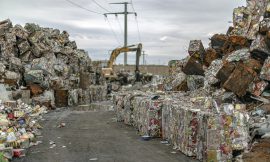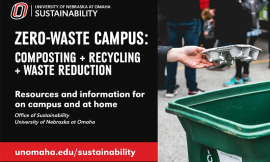So-called social sustainability refers to the sustainability issues that affect individuals. Dr. Laura Spence, a British researcher who has studied social sustainability for many years, believes this.
“Sustainability” is commonly defined as “meeting the needs of present generations without compromising the ability of future generations to meet their own needs,”
To put it another way, it’s about ensuring that people have access to the resources they require, both now and in the future. Of course, ensuring that the physical environment is in good condition is a part of that. Social sustainability, on the other hand, focuses on ensuring that people have access to the necessities of life.
It is critical to maintain social cohesion.
Individuals and society alike should care about social sustainability. Organizations of all kinds, including businesses, have a role to play. They have the ability to influence and benefit from the process of change. Employees, suppliers, and partners who feel respected and safe are more likely to be loyal and productive, for instance. Businesses, on the other hand, don’t thrive when society is in turmoil, such as in unequal societies.
We are aware that social sustainability can sound like a big picture and abstract concept. Fortunately, experts like Laura Spence have distilled the subject into actionable steps that businesses can implement.

Developing Social Responsiveness In Your Company
As a starting point, Laura Spence advises thinking about social sustainability in terms of stakeholders. Stakeholders are people who have a direct or indirect impact on an organization. They can be divided into two groups. Employees, suppliers, and customers are all stakeholders in a company (or its supply or value chain). As well as those in the local community and even the wider society, there are also external stakeholders.
The company’s internal stakeholders, including employees and the supply chain, must be taken care of first and foremost.
Leaders should stress the importance of employee rights in the supply chain, and not just as a means to meet financial targets. (Remember that treating employees well has a knock-on effect for the business.)
Progress toward social sustainability requires more than legal compliance. Think of it as a never-ending cycle of improvement and observation.
Stakeholder management should be a top priority for businesses, according to Spence.
All workers should be provided with appropriate and effective health and safety equipment.
Equality, diversity, and inclusion, for example, ensuring that all people can advance in their careers without facing discrimination.
Equal pay and working conditions, freedom of association, and no coercion or harassment in the workplace are just a few examples of fair labor practices.
At the same time, keep in mind that your particular situation may not be suited to universal standards. As a company grows or moves to a new location, it may face a variety of social sustainability expectations. Larger companies are subject to stricter controls on Modern Slavery in the United Kingdom, for example.
Act in the community and society as well as with external stakeholders
Companies often try to be “good neighbors” in their communities by doing things like cleaning up after themselves, helping those in need, and contributing to the general well-being of the area. For example, the Montreal Alouettes, a professional American football team, worked with the city’s residents to address concerns about the stadium’s potential growth. As a guide, NBS’ Community Engagement Workbook can be used effectively.
A company’s political clout can be shaped by the policies it implements. If a country’s government is unable to meet a social welfare need like education or healthcare, private companies may be able to fill the void. Controversial: Different people have strong views on how companies should intervene in these situations.






